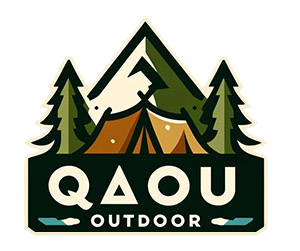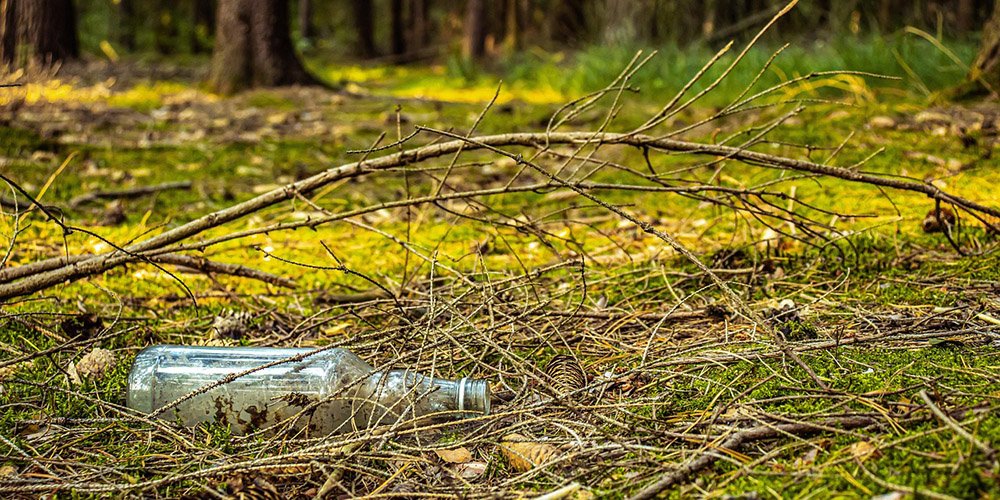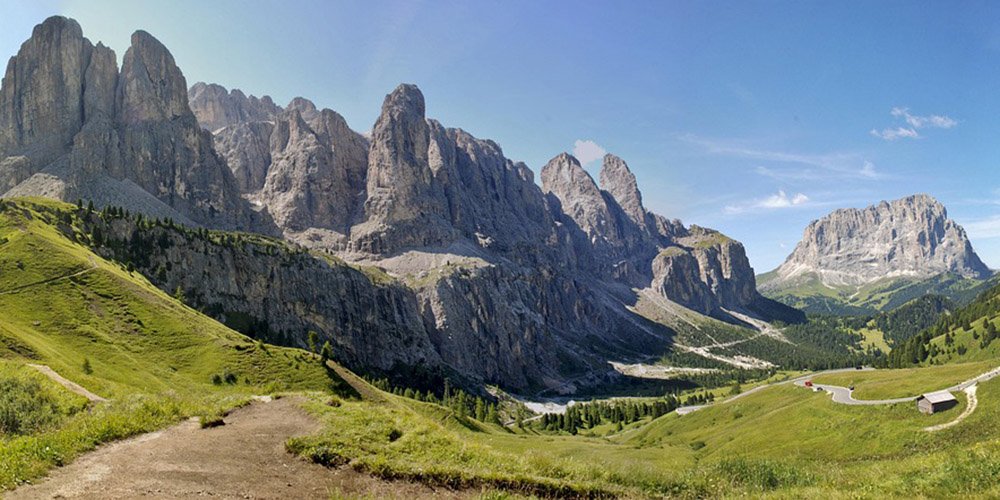Pliking: An Eco-Friendly Trend Growing in Popularity
In a world increasingly concerned with sustainability, pliking offers a refreshing and actionable way to make a difference—while getting outdoors and staying active. But what exactly is pliking? A portmanteau of “picking up” and “hiking,” pliking is the practice of collecting litter while hiking. It’s a simple, eco-friendly activity that combines personal well-being with environmental responsibility.
Born out of the same movement that popularized plogging (picking up trash while jogging), pliking is part of a growing trend where people blend outdoor activities with clean-up efforts. Whether you’re a seasoned hiker or just enjoy casual strolls through the woods, pliking empowers you to protect the trails and landscapes you love.
What Is Pliking?
Pliking blends the Swedish term “plocka upp” (meaning “to pick up”) with hiking. It’s a form of eco-activism that doesn’t require protests, petitions, or donations—just a bag, some gloves, and a walk through nature.
Like its cousins—plogging (jogging + litter pickup), plalking (walking), and pladdling (paddling)—pliking invites you to transform your regular outdoor adventures into community-driven, environmentally-conscious missions. And unlike some clean-up efforts, pliking can be done alone, with friends, or in organized groups.
It’s fitness with a purpose—and a fast-growing global movement.

A Brief History of the Movement
Pliking stems from the rise of plogging in Sweden in 2016, a movement started by environmentalist Erik Ahlström. As plogging spread across Europe and North America, variations began to emerge—each tailored to different outdoor activities.
Pliking soon took off among hikers and trail walkers who realized that they didn’t have to run to contribute. By focusing on hiking routes, rural paths, and even mountain trails, pliking opened up opportunities for outdoor enthusiasts to care for wilder and more remote natural spaces. Today, it’s embraced by eco-conscious travelers, community groups, and individuals looking to add purpose to their time in nature.
Benefits of Pliking
Environmental Benefits
Every piece of trash removed from a trail is one less threat to local wildlife, water quality, and ecosystems. Cigarette butts, plastic wrappers, and microplastics all pose risks—especially in parks and natural reserves. Plikers help keep these places clean, safe, and beautiful for future visitors.
Health and Fitness Benefits
Hiking already boosts cardiovascular health and mental clarity. When you add squatting, bending, and stretching to pick up litter, you get a more well-rounded, full-body workout. Unlike high-intensity workouts, pliking is low-impact and adaptable for all fitness levels.
Mental Well-being
Spending time in nature has been linked to reduced stress, better sleep, and improved mood. When combined with a sense of purpose—like cleaning up the planet—those mental benefits are amplified.
Community Impact
Pliking builds stronger communities. Whether you’re organizing a group hike or simply inspiring others with your example, this movement fosters a shared commitment to environmental stewardship. Clean trails encourage more people to explore, appreciate, and protect the outdoors.
How to Start Pliking
Gear Checklist
Getting started is easy. All you need are:
- Durable gloves (reusable or biodegradable)
- A reusable trash bag or bucket
- A litter picker or grabber (optional but helpful)
- Comfortable hiking gear and supportive shoes
- Hand sanitizer or wipes for after the hike

Choose Your Trail Wisely
Start local. City parks, suburban nature paths, and heavily trafficked trails often have the most litter. As you get more confident, explore longer hikes or routes in need of more cleanup.
Some plikers even use geotagging apps to identify and track litter hotspots. Others organize with local groups or join scheduled clean-up events.
Stay Safe
Avoid picking up hazardous materials (glass, sharp metal, or anything medical-related). Wear reflective gear if hiking near roads or biking paths. And always be aware of your surroundings—wildlife, uneven ground, and weather conditions.
Pliking Etiquette and Best Practices
- Respect the environment. Don’t trample sensitive vegetation or disturb animals.
- Sort your waste. Bring separate bags for recyclables and general trash.
- Don’t overpack. Only carry what you can safely manage during your hike.
- Follow Leave No Trace principles. Take everything with you—including your bag of litter.
- Avoid geotagging pristine or vulnerable areas. This helps prevent overtourism and habitat disturbance.
Joining the Pliking Movement
Find a Community
Organizations like Pliking Inc. and Trash Free Texas provide resources, guides, and cleanup tools. Check local conservation groups or park volunteer programs for scheduled pliking events.
Social media platforms also host communities around hashtags like #pliking, #trailcleanup, and #ecoexplorer. Sharing your before-and-after photos can inspire others to join in—and it makes the effort even more rewarding.
Start Your Own Event
Can’t find a group near you? Start one! Recruit friends, promote through local online forums, and get in touch with park authorities to schedule trail maintenance hikes. You’d be surprised how many people want to help—they just need a leader.

Other Variations of Pliking
If hiking isn’t your thing, you can still join the movement. Try these:
- Plalking: Litter cleanup while walking in town or neighborhoods
- Plogging: Jogging + trash pickup
- Pladdling: Paddling along lakes, rivers, or coastlines while collecting floating debris
- Bike cleanups: Use panniers to collect waste while biking rural paths
Even short walks with your dog can be opportunities to tidy up your surroundings.
Eco-Friendly Tips for Outdoor Cleanups
- Use reusable or compostable bags to avoid creating more waste
- Carpool to trailheads or bike if possible
- Consider bringing a mesh bag for cans and bottles
- Offset your carbon footprint if traveling long distances
- Document your efforts and educate others through blogs or social posts
Conclusion
Pliking is more than just picking up trash. It’s about making your outdoor experiences more meaningful, turning a simple hike into an act of care for the planet. It’s accessible, empowering, and fun—and it invites everyone to become a steward of nature.
Whether you’re hiking a familiar trail or exploring a new national park, bring a bag, wear your gloves, and make a difference. With every step, you’ll help keep nature wild and clean.
Your next hike could be the start of something bigger. Why not make it a plike?








